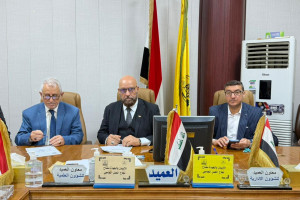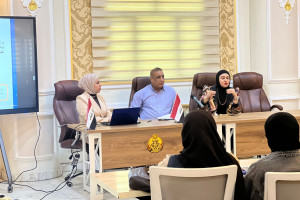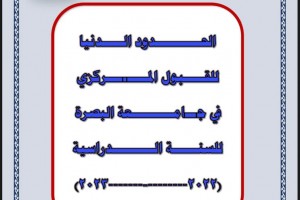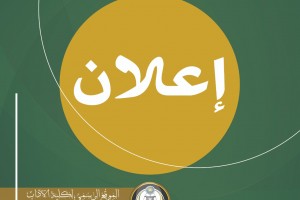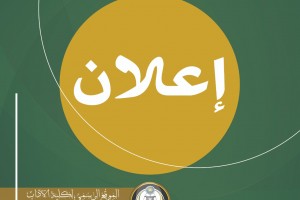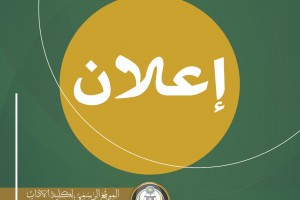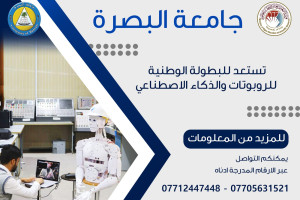
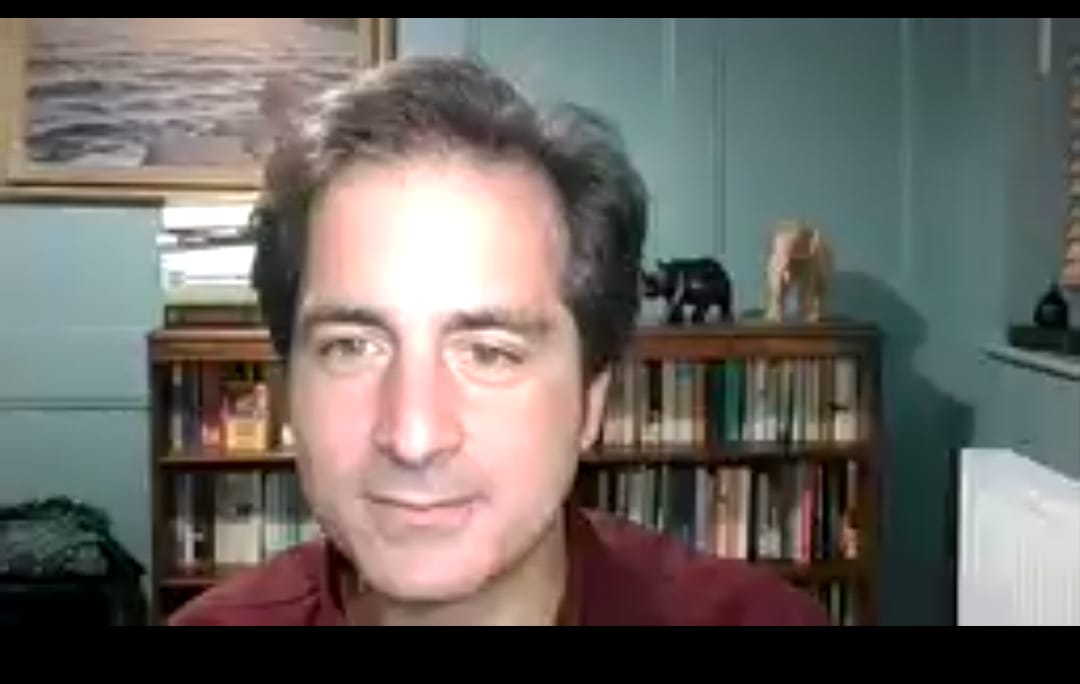
The College of Arts at the University of Basrah, as part of its cultural season, under the patronage and support of the Dean of the College, Prof. Dr. Majid Abdul Hamid Al Kaabi, hosted a lecture entitled: “The Evolution of Oral Literature” by Prof. Dr. Jami Tehrani from Durham University in the United Kingdom, on Wednesday 10/6/2021. It was presented to the audience by Professor Dr. Kazem Khalaf Al-Ali.
Dr. Tehrani focused his research on how culture develops as it is passed on from person to person and from generation to generation. He is interested in understanding what makes some things spread and others die and how these processes shape patterns of cultural diversity within and across humans.
Professor Tehrani trained in social anthropology at the London School of Economics and obtained a master’s degree in human development and behavior from the University of London and stayed at University College London to study for a PhD in Anthropology (2005) and wrote his thesis on the transmission of literal traditions in Iranian tribal groups and was appointed a lecturer in Anthropology at the University of Durham in 2012 and served as a lecturer in 2020.
His current work focuses primarily on the transmission of folk narratives such as traditional folk tales, urban legends, and modern conspiracy theories. His research interests focus on cultural evolution, genetic analysis of culture, social learning, cognitive anthropology, and oral traditions.
In his widely attended lecture, he focused on saying that traditional tales, such as genes and languages, are the product of "ancestry with modification": stories change as they pass from one person to another, some live and pass on to future generations while others become extinct and forgotten, but how deep are the roots of these traditions? To what extent are they intertwined with other patterns of ancestry - such as those found in our languages, cultures, and genes?
In this lecture, Dr. Tehrani reviewed a number of studies that dealt with these questions using theory and methods in the field of cultural development. He touched on some of the broader implications of their various findings to understand the cultural success of traditional stories and what they can tell us about the past. At the end of the lecture, the lecturers and students asked questions to the lecturer, who answered them in a non-boring detail.

